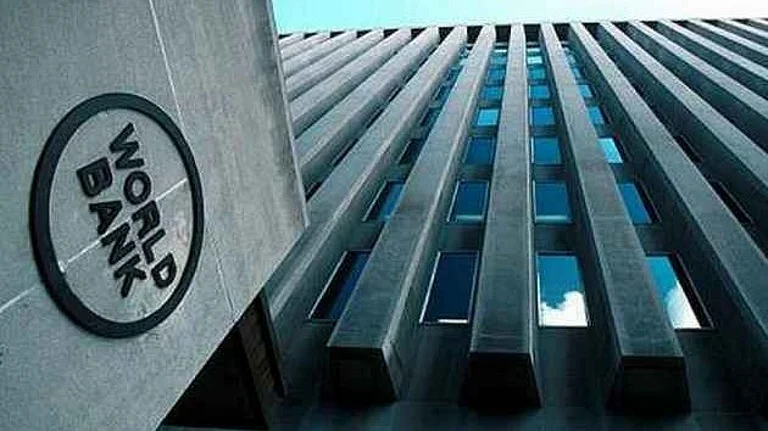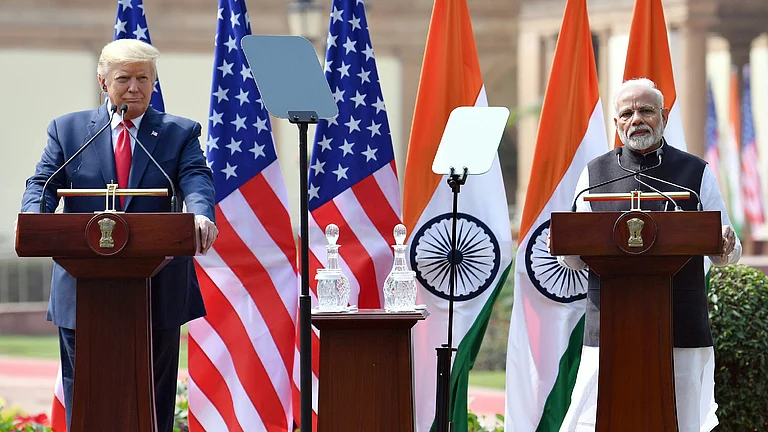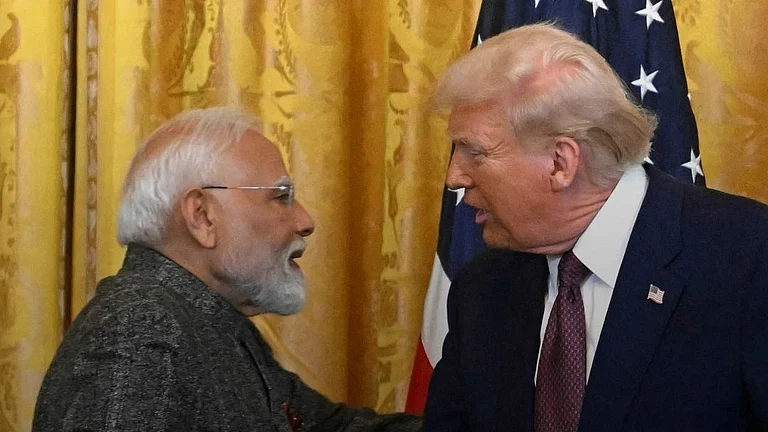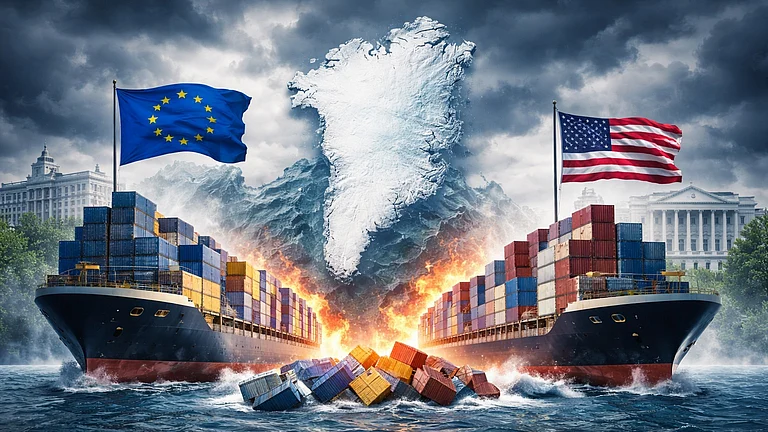Amid the ongoing tariff war, US Treasury Secretary Scott Bessent warned on Wednesday that Washington could raise its current 25 per cent secondary tariff on India if American President Donald Trump’s meeting with his Russian counterpart Vladimir Putin in Alaska on Friday fails to make headway on Ukraine. Bessent also asked the European Union to impose a similar secondary levy on India.
Speaking to Bloomberg Television, Bessent said, “We put a secondary tariff on Indians for buying Russian oil, and I could see if things don’t go well (in the Trump-Putin meeting), then sanctions or secondary tariffs could go up.”He further said that US President Donald Trump is slated to meet Russian President Vladmir Putin and “the Europeans are in the wings carping about how he should do it, what he should do.”
“The Europeans need to join us in these sanctions. The Europeans need to be willing to put on these secondary sanctions,” he added.
Addressing the issue of China being the largest purchaser of Russian crude, Bessent said that Trump may tell Putin that “all options are on the table.” “Sanctions can go up, they can be loosened, they can have a definitive life, they can go on indefinitely,” he further said.
Earlier in an interview with Fox Business, the US Treasury Secretary stated that India was “a bit recalcitrant” in its trade negotiations with the US.
On August 6, the Ministry of External Affairs had called the 25 per cent secondary tariff, which raised the total American tariff on Indian goods to 50 per cent, “unfair, unjustified and unreasonable,” and said it would take all necessary actions to protect its national interests.
Taking note of US move, Chief Economic Advisor V Anantha Nageswaran said US tariff-related challenges would likely dissipate within one or two quarters, and urged the private sector to step up as the country addresses longer-term concerns.
He said, as quoted by PTI, “I do believe that the current situation will ease out in a quarter or two. I don’t think that from a long-term picture the India impact will be that significant, but in the short run there will be some impact."
Addressing the speculation over whether US officials will visit India for trade talks later this month, Nageswaran said that the outcome of the Trump-Putin meeting in Alaska is likely to influence developments.
The CEA further mentioned that the focus on tariff disputes should not overshadow more pressing issues, including the impact of artificial intelligence, dependence on a single country for critical minerals and processing, and the need to strengthen supply chains.


































